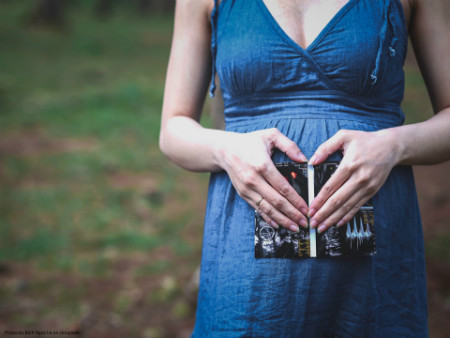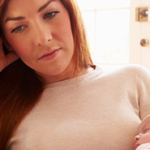Pregnancy loss may cause great psychological stress for women. How such a loss, whether or not the woman identifies it as a stressor, affects her emotional well-being after the birth of a future child is unknown. In order to better understand the relationship between pregnancy loss and risk for postpartum psychiatric illness, researchers assessed 192 women at their first-year pediatric well-child care visits in an urban pediatric clinic. In this group of low income mothers, 49% of the women reported a previous pregnancy loss (miscarriage, stillbirth, or induced abortion).
The women in this study population also experienced high rates of psychiatric illness during the first postpartum year, with more than half of the women meeting criteria for major or minor depression and more than a third of the women experiencing an anxiety disorder.
Women with prior pregnancy loss were about twice as likely to be diagnosed with major depression than women with no history of loss. In addition, women with multiple losses were more likely to be diagnosed with major depression and/or post-traumatic stress disorder than women with a history of one pregnancy loss. The type of loss did not affect risk for depression.
The authors recommend that providers ask all women of childbearing age about previous reproductive losses. Given the increased risk of postpartum psychiatric illness among women who have experienced pregnancy loss, they encourage more careful monitoring of this population during pregnancy and the postpartum period. They comment, “While a woman may not have sought mental health treatment at the time of her loss or termination, or believes herself fully recovered, a future pregnancy could put her at risk for mental health complications.”
Ruta Nonacs, MD PhD
Giannandrea SA, Cerulli C, Anson E, Chaudron LH. Increased risk for postpartum psychiatric disorders among women with past pregnancy loss. J Womens Health (Larchmt). 2013; 22(9):760-8.








Leave A Comment